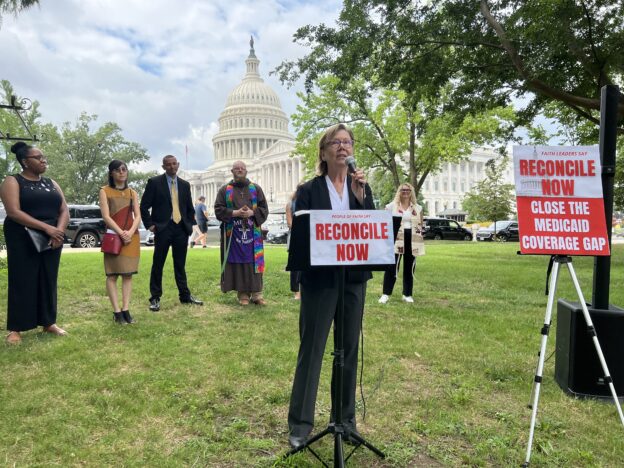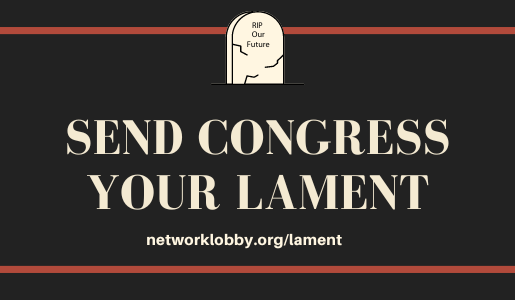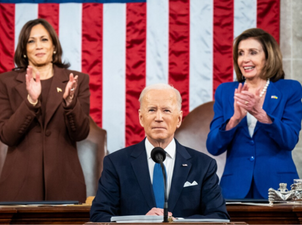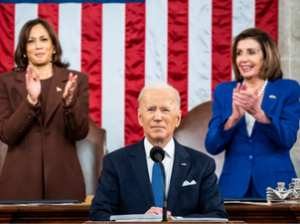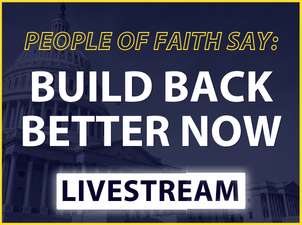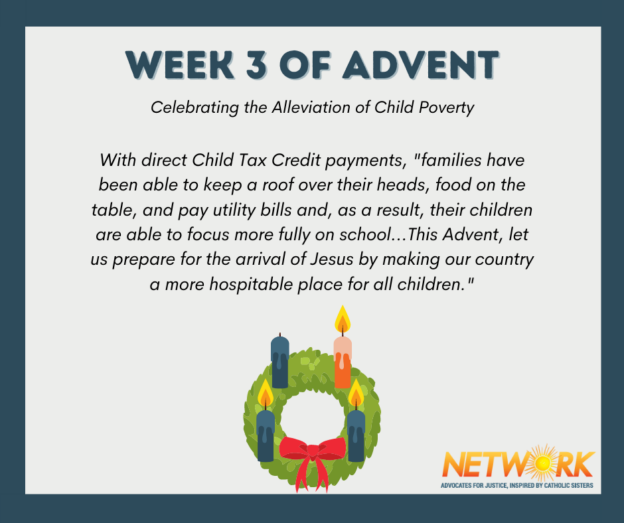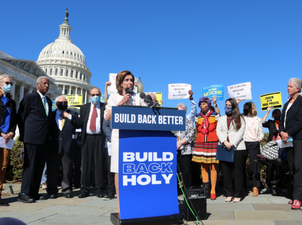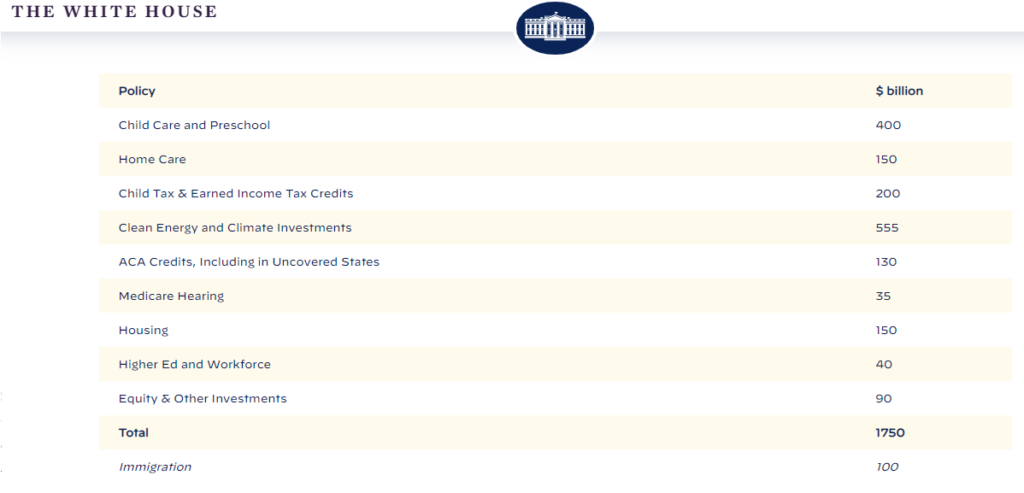
TELL YOUR SENATORS: PASS THE INFLATION REDUCTION ACT
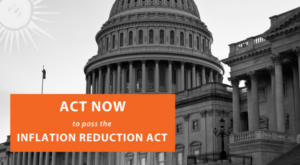 The Inflation Reduction Act addresses injustice and harm facing our economy, people, and the planet. NETWORK applauds the Senate Democratic majority for negotiating legislation that lowers prescription drug prices, addresses climate change, and closes tax loopholes that big corporations and the wealthy take advantage of to avoid contributing fairly to our shared economy. Opponents of this historic legislation neglect to share that the Inflation Reduction Act is expected to reduce the deficit by $300 billion.
The Inflation Reduction Act addresses injustice and harm facing our economy, people, and the planet. NETWORK applauds the Senate Democratic majority for negotiating legislation that lowers prescription drug prices, addresses climate change, and closes tax loopholes that big corporations and the wealthy take advantage of to avoid contributing fairly to our shared economy. Opponents of this historic legislation neglect to share that the Inflation Reduction Act is expected to reduce the deficit by $300 billion.
Fill out this form to contact your senators








